Homeowner’s Guide To Solar
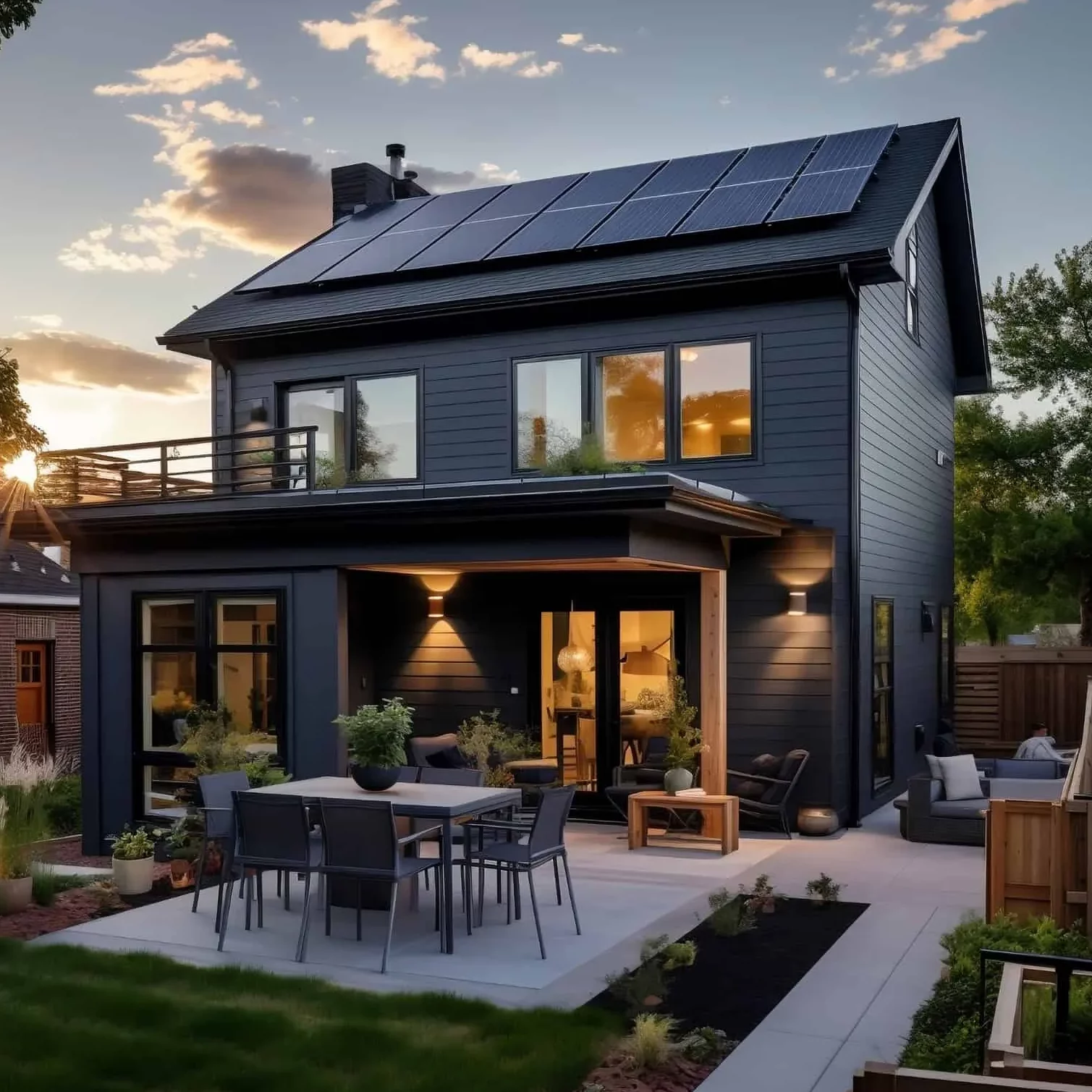
Save Money, Be Energy Independent
Welcome to Walton Solar, where we believe in harnessing the power of the sun to create a sustainable future for your home. With rising energy costs and increasing concerns about the state of the electric grid, there has never been a better time to invest in residential solar power.
30% ITC Tax Credit
Reduce or Eliminate Your Electric Bill
Increase Property Value
25 Year Warranties
Turn Your Power Bill Into An Investment With Residential Solar
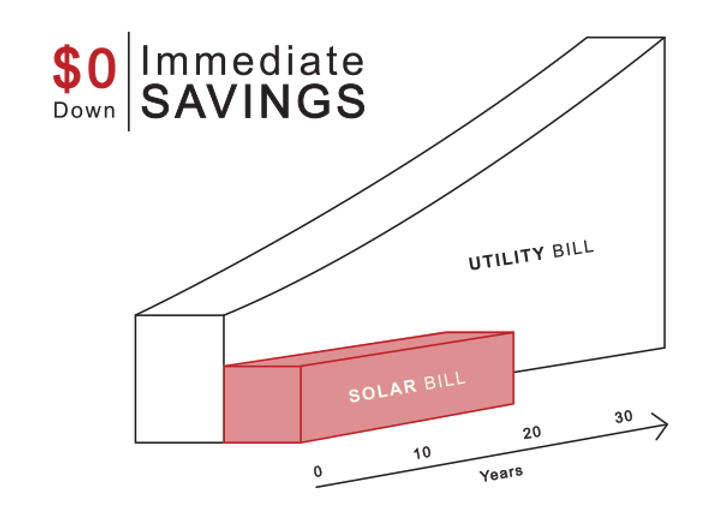
Power Company:
Rising Rates: the cost of electricity has doubled since 2002 and homeowners have no control
No Return On Investment (ROI): every month your money goes out the window into the power company’s pocket
Solar
Protected From Inflation: your price for electricity is fixed and you
Add Value To Your Home: build equity in your home by owning your power
Why Customers Choose Walton

30+ Years of Experience
Our long history in the industry is a testament to our commitment to quality and customer satisfaction. When you choose us, you’re partnering with a trusted leader who has stood the test of time.

Industry Best Warranties
Our commitment to excellence extends beyond the installation process. With our exceptional workmanship, manufacturer and production warranties, you can rest assured that your roof and solar system are covered.
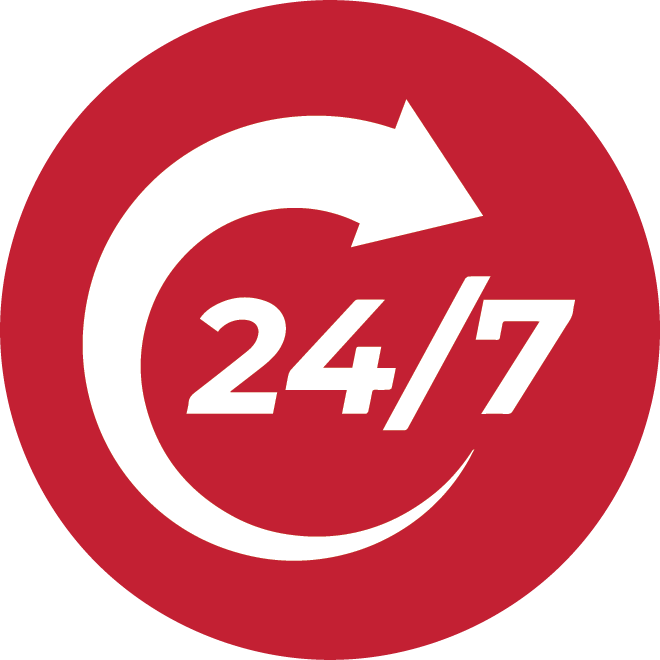
Quick Turnaround Times
While most solar companies are plagued with delays, leaving homeowners in the dark for weeks or even months, our streamlined processes and experienced team enable us to complete installations promptly.
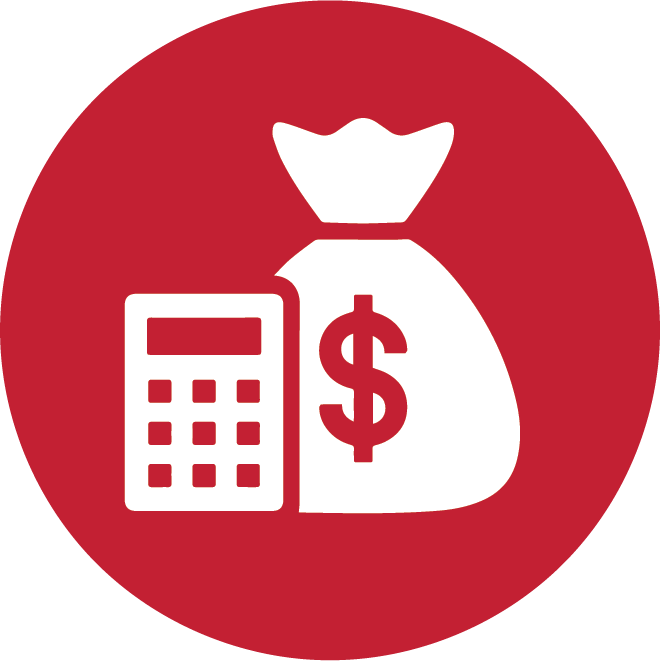
Transparent & Fair Pricing
We believe in transparency and integrity in everything we do, including pricing. You can trust us to provide honest, upfront pricing with no hidden fees or surprises.
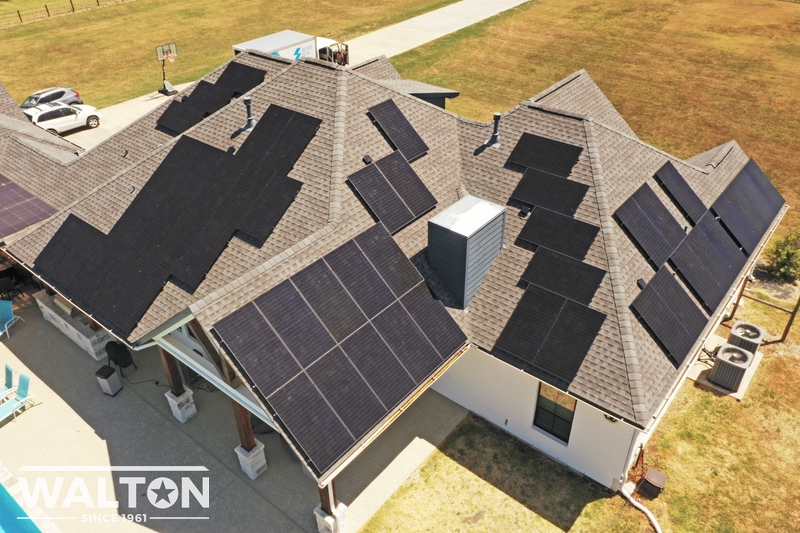
Interested In Our Solar Services?
Reach out to our team today.
Our Comprehensive Services
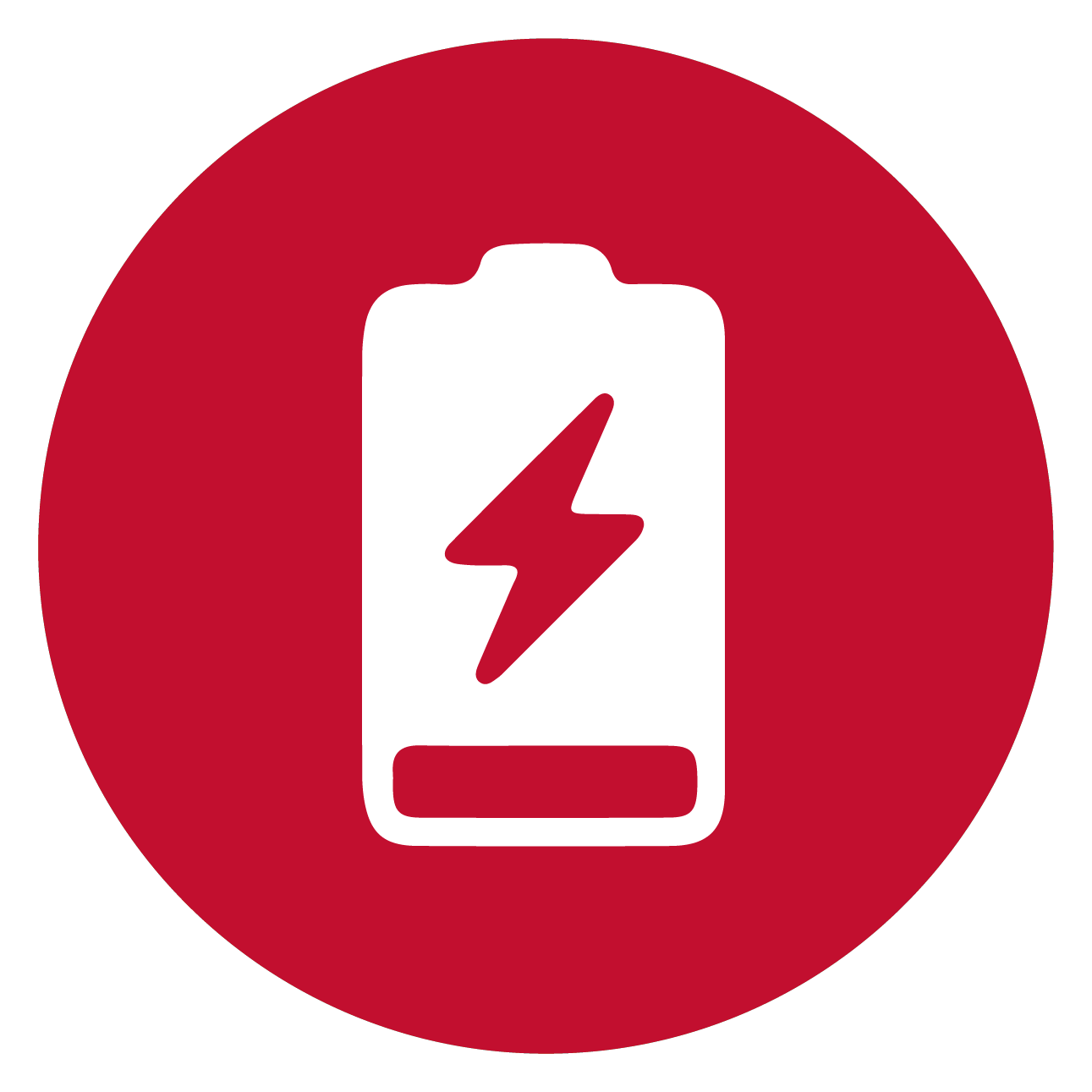




How It Works
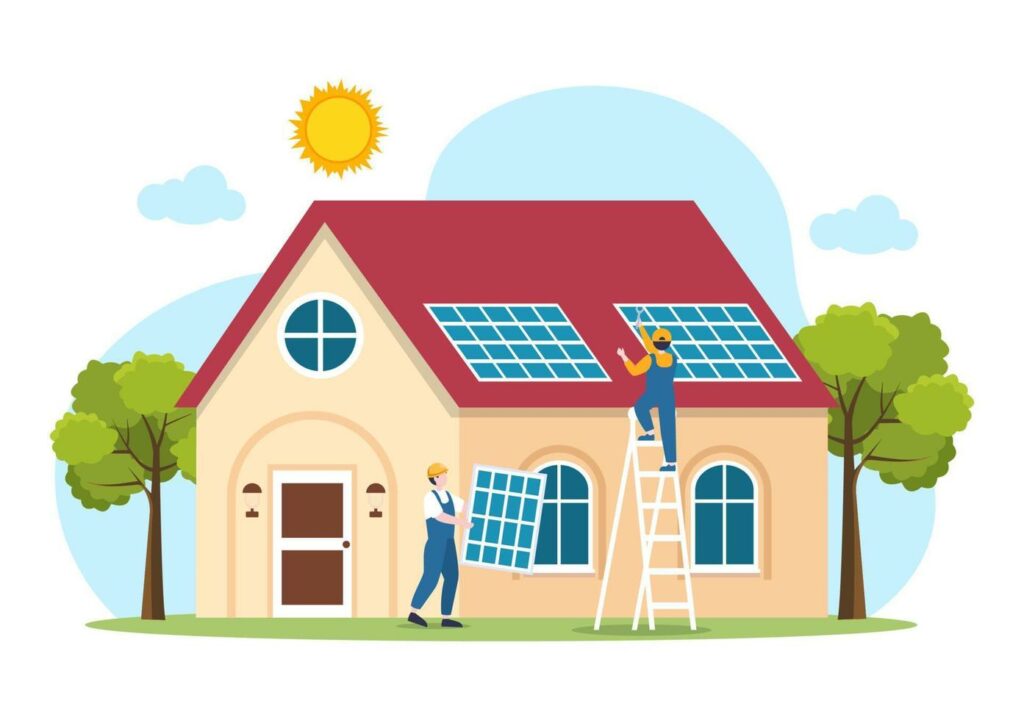
1) SEE YOUR SOLAR REPORT: Meet with one of our experienced solar professionals who will design a custom solar system that fits your specific electric needs.
2) PERMITTING & DESIGN: Our engineering team will prepare the plans so that they can be submitted along with proper permits & clearances that are required in your area. Our team will make sure that the permitting process goes as smoothly and quickly as possible.
3) INSTALL & POWER ON: Once the permitting process has been completed and your solar project has been approved, your system will be installed by experienced and highly-vetted contractors. After the installation ins complete, your power company will power on your system!
FAQ
How Does Solar Work?
Solar power is an increasingly popular alternative to traditional energy sources for residential homeowners. Solar panels, which are typically installed on rooftops, are made up of photovoltaic (PV) cells that convert sunlight into electricity. When sunlight hits the PV cells, it creates a flow of electrons, generating DC (direct current) electricity.
This DC electricity is then converted into AC (alternating current) electricity through an inverter, which is necessary for use in your home. Once the solar panels have generated AC electricity, it can be used to power your home’s appliances and electronics. Any excess electricity that is generated can be stored in batteries or sold back to the grid through a process called net metering.
By harnessing the power of the sun, solar energy can help homeowners reduce their reliance on fossil fuels and lower their carbon footprint. Additionally, solar panels can help homeowners save money on their energy bills over time. While the initial cost of installation may be high, many states offer incentives and rebates to offset the cost. Overall, solar power is a smart investment for homeowners looking to reduce their environmental impact and save money on their energy bills.
Is My Home Suitable For Solar?
Determining whether your home is suitable for solar power depends on a few factors. The most important factor is the amount of sunlight your home receives. Ideally, your roof should receive direct sunlight for most of the day, without any shading from trees, buildings, or other obstructions. The angle and orientation of your roof also play a role in how much sunlight your solar panels will receive.
Another factor to consider is the size of your roof. In order to generate enough electricity to offset your energy usage, you will need enough space to install an adequate number of solar panels. A typical residential solar panel system can range from 6 to 12 kilowatts in size, depending on your energy needs.
The condition of your roof is also important. Solar panels will last for 30 years or more, so it’s important to ensure that your roof is in good condition. It is also possible to temporarily remove the solar panels from their racking system while the roof is replaced.
Finally, it’s important to consider your local zoning and building codes, as well as any homeowners’ association rules. Some areas may have restrictions on the size and placement of solar panels, so it’s important to do your research and ensure that you comply with all regulations.
Overall, if your home receives a good amount of sunlight and has a suitable roof, then it may be a good candidate for solar power.
What is NET metering? Can I sell energy back to the power company?
Net metering is a billing arrangement between utility companies and their customers who generate their own electricity from renewable energy sources such as solar panels. With net metering, any excess electricity that is generated by the customer’s renewable energy system is sent back to the grid and credited to their account. This allows the customer to offset their electricity usage at times when their renewable energy system is not producing enough electricity to meet their needs.
Net metering helps to promote the adoption of renewable energy sources and encourages customers to invest in their own renewable energy systems. It also allows customers to save money on their electricity bills by reducing their reliance on the grid.
If you’re interested in installing a solar system and participating in net metering, we can help you understand any specific requirements and guidelines.
Is there a tax credit on solar and how does it work?
Yes, there is a federal tax credit available for homeowners who install solar panel systems. The tax credit is known as the Solar Investment Tax Credit (ITC), and it can provide significant savings on the cost of a solar panel system.
The Solar ITC allows homeowners to claim a credit of up to 30% of the cost of their solar panel system on their federal income taxes. This credit is available for both residential and commercial solar installations, and there is no cap on the amount that can be claimed.
To claim the Solar ITC, you must have purchased and installed a solar panel system during the tax year in which you are claiming the credit. The system must be new, and it must meet certain performance and safety standards.
It’s important to note that the Solar ITC is a credit, not a deduction. This means that the credit is applied directly to your tax liability, rather than reducing your taxable income. If the credit exceeds your tax liability for the year, the excess credit can be carried forward to future tax years.
Overall, the Solar ITC can provide significant savings on the cost of a solar panel system. It’s important to consult with a tax professional to ensure that you are eligible for the credit and to properly claim it on your taxes.
Will I save money going solar?
In most cases, homeowners can save money by going solar. By generating your own electricity, you can reduce or even eliminate your monthly electricity bill. The amount you save will depend on a number of factors, including the size of your solar panel system, your energy usage, and the cost of electricity in your area.
In addition to saving on your electricity bills, installing solar panels on your home can also increase the value of your home. A recent study found that homes with solar panels sold for an average of 4.1% more than homes without solar panels. This means that if you decide to sell your home in the future, you could recoup some or all of your initial investment in your solar panel system.
It’s important to note that there is a cost associated with installing solar panels. However, there are a number of financing options available, including solar loans, that can make solar more affordable for homeowners. Additionally, many states, Like Texas, offer incentives and tax credits for homeowners who install solar panels, further reducing the cost of going solar.
Is there a tax credit on solar and how does it work?
Yes, there is a federal tax credit available for homeowners who install solar panel systems. The tax credit is known as the Solar Investment Tax Credit (ITC), and it can provide significant savings on the cost of a solar panel system.
The Solar ITC allows homeowners to claim a credit of up to 30% of the cost of their solar panel system on their federal income taxes. This credit is available for both residential and commercial solar installations, and there is no cap on the amount that can be claimed.
To claim the Solar ITC, you must have purchased and installed a solar panel system during the tax year in which you are claiming the credit. The system must be new, and it must meet certain performance and safety standards.
It’s important to note that the Solar ITC is a credit, not a deduction. This means that the credit is applied directly to your tax liability, rather than reducing your taxable income. If the credit exceeds your tax liability for the year, the excess credit can be carried forward to future tax years.
Overall, the Solar ITC can provide significant savings on the cost of a solar panel system. It’s important to consult with a tax professional to ensure that you are eligible for the credit and to properly claim it on your taxes.
Can I Install solar panels myself?
While it may be tempting to install solar panels yourself in order to save money, it’s generally not recommended. Solar panel installation requires specialized knowledge and equipment, and mistakes can be costly and dangerous. Additionally, DIY installations may not be eligible for tax credits or other incentives that are available for professionally installed systems.
A qualified solar installer can help you design a system that meets your energy needs and ensure that the installation is done safely and properly. They can also help you navigate any local building codes and regulations that may apply.
If you’re interested in installing solar panels on your home, it’s important to work with a licensed and experienced solar installer who can provide you with a customized solution that meets your needs and budget. They can also help you with ongoing maintenance and monitoring to ensure that your system is performing optimally.
What if I need a new roof?
If you are considering solar panel installation and need a new roof, it is recommended that you have the roof replaced first. This will ensure that the new roof and solar panels last for the same amount of time. Additionally, solar panels can be integrated into the roof, which improves the aesthetics of your home and reduces the risk of damage to the roof from mounting hardware. Furthermore, the 30% ITC tax credit can be applied to the cot of the roof as well.
If you already have solar panels installed and need a new roof, the process can be more complex. The solar panels will need to be removed before the roof can be replaced, and then reinstalled after the new roof is in place. It’s essential to work with a qualified solar installer and roofing contractor who can coordinate the installation of your solar panels and new roof to ensure that the process is done safely and properly, minimizing any disruption to your energy production.
It is always recommended that you use the same company, such as Walton, for your roof and solar project.
How will solar affect the resale value of my house?
Installing solar panels on your home can increase its resale value, as many homebuyers are attracted to the idea of owning a home that is powered by renewable energy. Studies have shown that homes with solar panels sell faster and for a higher price than homes without solar panels. According to the National Renewable Energy Laboratory, homes with solar panels can sell for between 4% to 10% more than comparable homes without solar panels.
Additionally, many states offer incentives and programs that can further increase the value of your home. For example, in some states, such as Texas, homes with solar panels are eligible for property tax exemptions or credits, which can reduce the overall cost of owning the home.
When you’re considering installing solar panels on your home, it’s important to work with a qualified solar installer who can help you design a system that meets your energy needs and maximizes the potential resale value of your home. They can also provide information on any available incentives or programs that can further increase the value of your home.
If I go solar, do I need a battery backup?
Whether or not you need a battery backup with your solar panels depends on your energy needs and priorities. A battery backup can provide several benefits, including the ability to store excess energy generated by your solar panels for use during times when the sun isn’t shining. This can help you reduce your reliance on the grid and provide backup power during power outages.
However, a battery backup can also add to the overall cost of your solar panel system. If you live in an area with a reliable grid and don’t experience frequent power outages, you may not need a battery backup.
It’s important to work with a qualified solar installer who can assess your energy needs and priorities and help you determine whether a battery backup is a good option for you. They can also help you choose the right size and type of battery to ensure that it meets your energy needs and fits within your budget.
Is solar good for the environment?
Solar power is a clean and renewable source of energy, which means that it produces no greenhouse gas emissions or air pollution. By generating electricity from sunlight, solar power helps to reduce our reliance on fossil fuels, which are responsible for a significant portion of global carbon emissions. This makes solar power an excellent choice for homeowners who are looking to reduce their carbon footprint and support a more sustainable future.
In addition to its environmental benefits, solar power can also help to reduce water consumption and land use associated with traditional power generation methods. Solar panels require very little water to operate, and they can be installed on rooftops or in other areas that are not suitable for other types of development.
Overall, solar power is a clean, reliable, and sustainable source of energy that offers a range of benefits for both homeowners and the environment. By installing solar panels on your home, you can reduce your carbon footprint, save money on your energy bills, and support a more sustainable future for all.
Walton Solar Leadership

Patrick Walton
Owner, Walton Solar

Harlin Bessire
General Manager, Walton Solar


